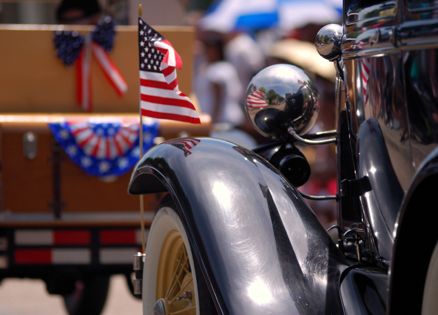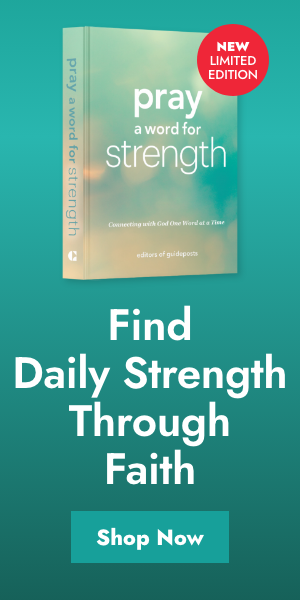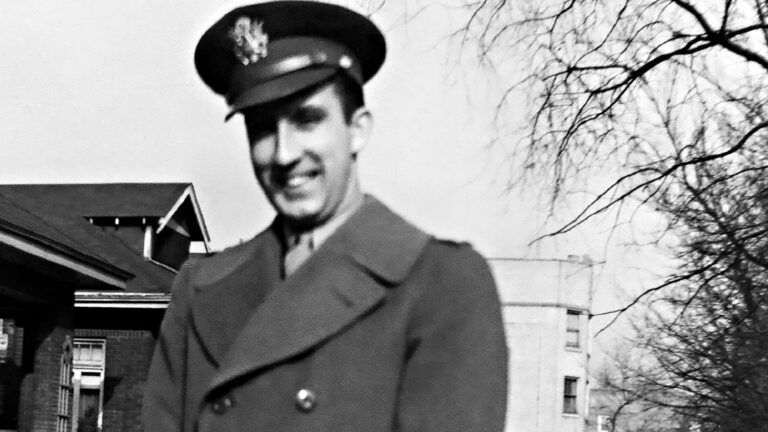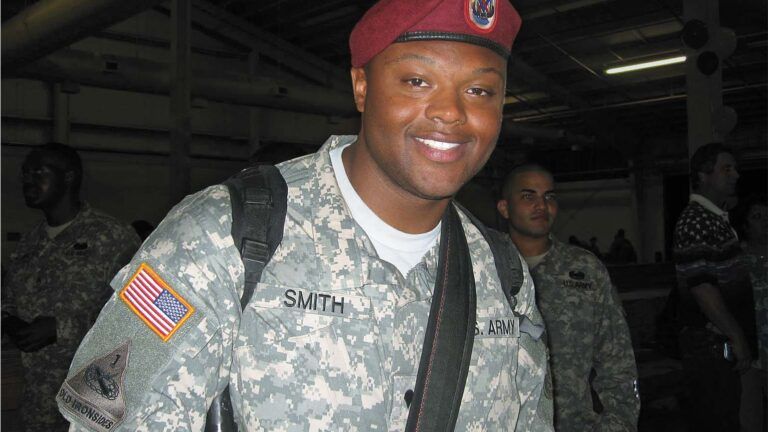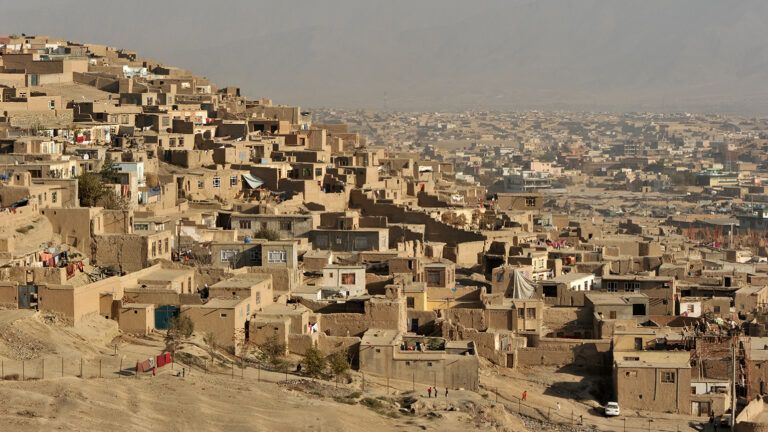Just before Memorial Day last year in a New York City coffee shop I overheard two young women discussing the upcoming long weekend.
“Did you ever wonder why it’s called ‘Memorial Day’?” one asked. “What’s it mean?”
“It’s the same as Decoration Day, isn’t it?” said her friend.
What a pity, I thought, that one of our most meaningful holidays should mean little more than just a pleasant break between spring and summer. How I wished that those two young women had grown up, as I did, in a small Pennsylvania town where, ever since the Civil War, celebrating Memorial Day — remembering and revering our heroic dead — was an important part of our lives.
My own earliest recollection of this holiday goes back to the late twenties, before I started kindergarten. Early in the morning my mother and grandmother gathered tubfuls of flowers they had grown to decorate the graves in the local cemeteries—Decoration Day.
Later I stood on the sidelines of the parade route, watching impatiently for my brother, two years older than I.
Oh, the excitement of it all, especially for a toddler! First the town band, then the color guard of World War I veterans followed by the open touring car with my old Uncle Dan (among the Civil War veterans), then local dignitaries, the American Legion Drum and Bugle Corps, Girl Scouts, Boy Scouts and, at last, my brother, amid hundreds of schoolchildren waving American flags.
The parade stopped first at Cannon Hill Cemetery for prayers, a volley by the firing squad, and “Taps” played by the best bugler in town. Then the parade went to Fairview Cemetery for more elaborate ceremonies, including prayers by local ministers for the living and the dead as well as for an end to all wars.
Each year my mother and brother and I sought out my father’s grave. He had died when I was only a year old. We decorated his resting place with flowers and a flag, and bowed our heads in prayer.
My mother would tell us how my father, a fine cornetist, had been chosen as the bugler to play “Taps” on Memorial Day. Years later my brother was to receive the same honor.
Eventually, of course, I took my place in the parade with my flag, and though in time the original thrill of marching wore off, it was replaced by another, deeper, emotion—pride.
I felt it first through old Uncle Dan (actually my great-uncle). Seeing him there, riding with honor—the very last Civil War veteran—I began to understand the continuity of family that he and I represented.
My brother tells me that Memorial Day is still the same in Boyertown. I’m going back this year. I’ll watch the parade and listen to the orations and add my own prayer of gratitude for Uncle Dan and all those who, even before I was born, had contributed to my life—some of them with their own lives.
